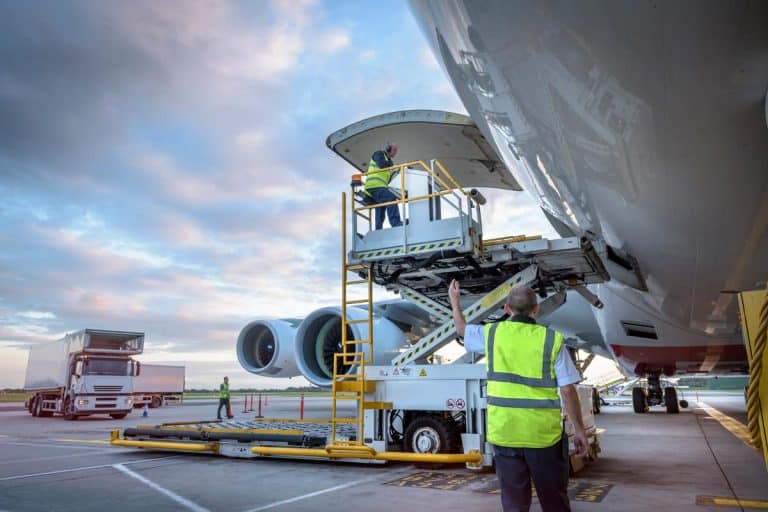Global air cargo demand has declined by 6.4 percent year on year in June as new export orders sank and also due to the aftereffects of the ongoing Ukraine-Russia conflict, International Air Transport Association (IATA) announced.
This is, however, an improvement from the year on year decline of 8.3 percent in May, the aviation trade body said.
Freight demand dropped by 4.3 percent over the first six months, compared to the same period in 2021.
New export orders, a leading indicator of cargo demand and world trade, decreased in all markets, except China, the aviation body said, adding there was a 2.2 percent rise in demand from pre-pandemic levels in 2019.
“That’s a strong performance, particularly considering continuing supply chain constraints and the loss of capacity due to the war in Ukraine,” IATA’s director general Willie Walsh said.
Walsh added current economic uncertainties had little impact on air cargo demand, but “developments will need to be closely monitored in the second half.”
The IATA report said Middle Eastern carriers saw a 10.8 percent year on year decrease in cargo volumes in June, adding “significant benefits from traffic being redirected to avoid flying over Russia failed to materialise.”
Capacity was up 6.7 percent compared to the same month in 2021.
“Demand for the first half-year was 9.3 percent below 2021 levels, the weakest first half performance of all regions. First half-year capacity was 6.3 percent above 2021 levels,” IATA said.
The report also a significant year on year decrease in cargo volumes in June among Asia-Pacific airlines, North American carriers and European carriers by 2.1 percent, 6.3 percent and 13.5 percent, respectively.
Latin American carriers and African carriers reported an increase in cargo volumes by 19.6 percent and 5.7 percent in June. Both airlines “have shown optimism” by introducing new services and additional capacity.
Ever since the global pandemic, air cargo has a silver lining especially since passenger travel had ceased during the initial crucial months.
Recently, Abu Dhabi carrier Etihad Airlines announced that it would be adding seven A350F freighters to its existing fleet, in its efforts to deploy “the most efficient cargo aircraft available in the market
The A350F has a 109-tonne payload capability, which can serve cargo markets globally, and is powered by fuel-efficient Rolls-Royce Trent XWB-97 engines.





